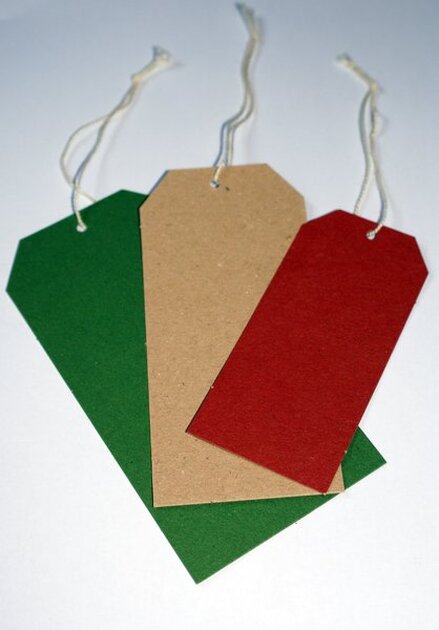
Our Gemara on Amud Aleph discusses an interesting psychological and legal phenomenon. There are certain thresholds of defects or deficiencies in a purchased item which are tolerated, if not expected. Therefore, while one is not allowed to deliberately adulterate grains or beans, if a minor and typical amount of dirt, sediment or pebbles etc are found in the mixture, the buyer has no recourse. Furthermore, if he finds the product to have an amount of impurities over the expected threshold, the buyer may demand that he sift the produce thoroughly. Once attention is devoted to refining the product, the seller cannot merely bring the contaminant level back to below the regulated amount. Instead, he must remove all the foreign matter in the most thorough manner.
This concept of once there is extra scrutiny, there is a reduction in tolerance and forgiveness, is a metaphysical truth and pattern as well. I will quote a number of traditional sources to show the myriad ways this pattern of human and physical nature manifest themselves:
Rosh Hashanah (16b):
ææææ´ æ´ææ ææÎææÏ: æˋææˋæ æææ´ææ æææææ´ææ æÂææ ææˆææ æˋæ æææ, æææ ææ: æÏææ´ æ æææ, ææÂæææ æˆæÊææ, ææææÀæ´ æææ æÂæ ææææ´æ.
And Rabbi YitzáËak said: Three matters evoke a person’s sins, and they are: Endangering oneself by sitting next to an inclined wall that is about to collapse; expecting prayer to be accepted, as that leads to an arrogant entitled assessment of one’s status and merit; Anyone who passes a case against another to God is punished first.
ææææÀæ´ æææ æÂæ ææææ´æ – æææ æ æÂæ æˋ æˆææææ. æˋæ æææ´: æÇææˆæææ´ æˋæ´æ ææ æææ´æ: æææÀæ æÂææææÇ, æææˆææ: æÇææææ æææ´ææ ææÀæÊæ ææˋæ´æ æææææˆææÇ. æææ æ ææææ ææææˆ æææ æææ æ æææ´æÂæ.
One who passes the judgment of another to Heaven is punished first, as it is stated: “And Sarai said to Abram: My wrong be upon you, I gave my handmaid into your bosom; and when she saw that she had conceived, I was despised in her eyes: The Lord judge between me and you” (Genesis 16:5).
Likewise, we have a tradition that in times of danger or even unusual good fortune, Satan, in the form of a heavenly prosecutor, arouses the heavenly court to sit in Judgement about you. (See Rabbenu Yonah Berachos 43a, and Gemara Berachos 54a.):
æææ´ æ´æ æææææ: æˋææˋæ æÎæ´ææææ æˋææææ´, ææææ ææ — ææææ, ææˆæ, ææææ. æææˆæ ææˆæ æˆæ æ: ææææ, æææ, ææˆæ, ææææ. æææˋ ææææ´ææ: ææÈ æææ. æææˋ ææææ´ææ: ææÈ æˆæææææ æææææ æææææ.
Rav Yehuda said: Three require protection from harm: A sick person, a bridegroom, and a bride. It was taught in a baraita: A sick person, a woman in childbirth, a bridegroom, and a bride require protection from harm. And some say: Even a mourner. And some say: Even Torah scholars at night. (Those whose thoughts are focused elsewhere or are in a weakened physical state require protection, or I wonder if perhaps their scholarship could trip them up by being overly confident.)
There is even an idea that one should be careful to think Torah thoughts during the moments after washing for bread while waiting for the leader to recite the Hamotzi blessing. Since at that time while waiting for the blessing, he must not be occupied with distractions, this is a time that is devoid of Torah and mitzvos, putting him in mortal danger (Beis Yosef, OC, 98:10:1) as Satan might sieze that time to prosecute him when he has less active merits. This is the spiritual equivalent of an IRS audit. Once you are under scrutiny, they find all kinds of things.
One might ask, granted this kind of unequal enforcement is a practical necessity of fallible human law, but should divine law not be absolute, consistent and precise? To answer that, we have to consider that divine justice, while absolute, also is related to the subjective, human experience. This can be understood better by what we discussed in blog post Psychology of the Daf, Bava Basra 92. Over there we noted that a good portion of Torah law and prohibitions are about obedience and adherence to norms that promote societal welfare and personal balance of character (see Moreh Nevuchim III:26 and 27.) Therefore, if a prohibition is nullified, such as a small amount of unkosher food is no longer an apparent act of violation, as the forbidden action or substance is not manifest. This also can be used to explain the Rambam’s distinctive position that according to basic Torah law it is not prohibited to violate an ambiguous or undetermined prohibition, such as eating a piece of meat that it is unclear if kosher or not. The idea that one must err on the side of caution, and strictly abstain from even possible prohibitions of indefinite status is only rabbinically mandated. See Laws of the Impurity of a Corpse, 9:12.)

 Previous
Previous
